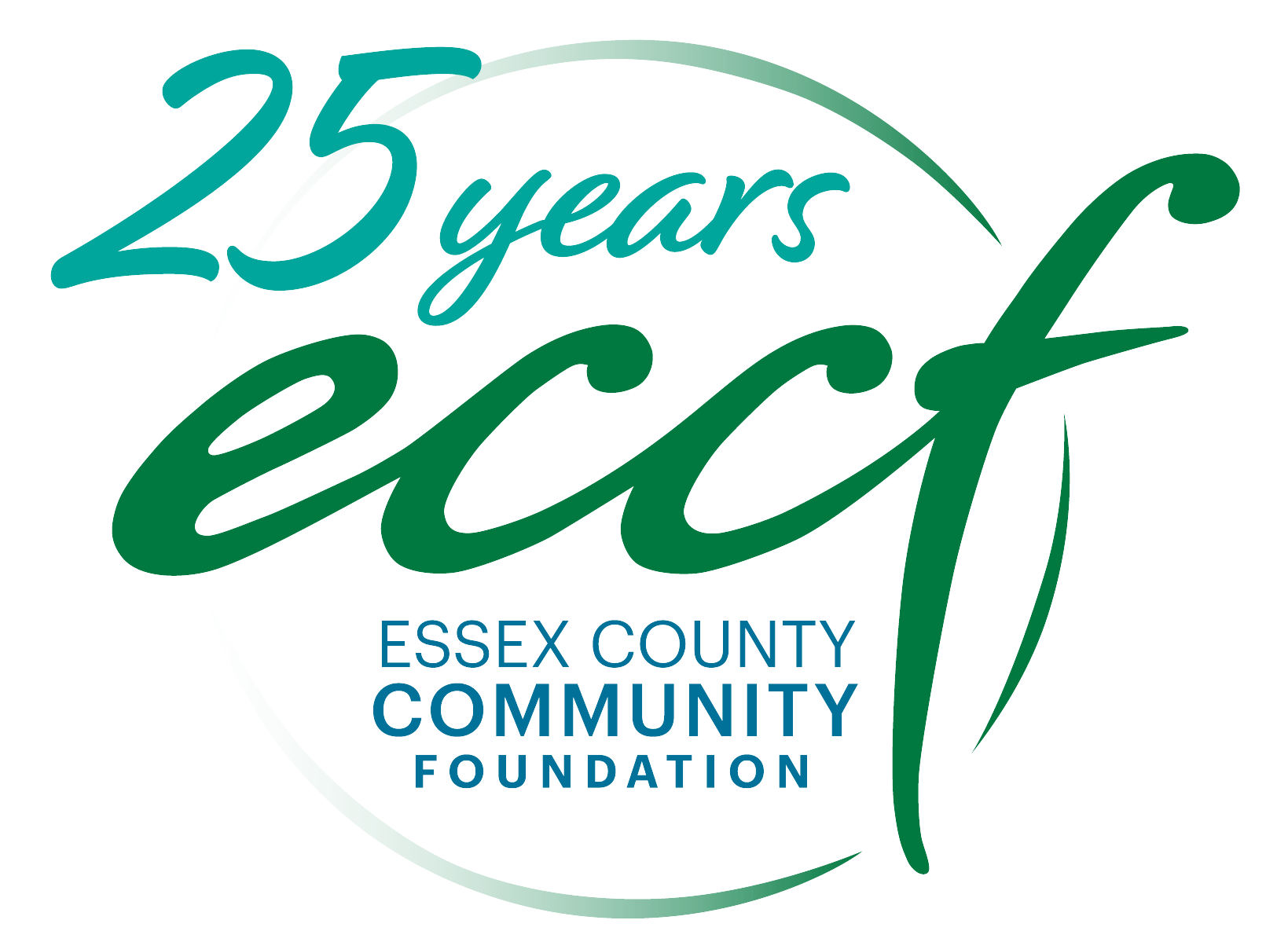By Michelle Xiarhos Curran
ECCF Communications Writer
Melissa Marrama, an insurance executive and avid volunteer from Andover, is known for making good things happen when there is a need anywhere in the community. When she heard about Jeffrey Williams – an Amesbury man who, shortly after the start of the pandemic, began to collect and refurbish computers to give to students and teachers who were struggling with remote learning – Marrama knew they should connect.
This was right around the time that Essex County Community Foundation began to research the issue of digital equity, which was brought into sharp focus as the pandemic hit, the world socially distanced and we lived more and more of our lives online.
And Marrama knew that Williams should connect with ECCF too.
“When we first connected with Jeff, we thought, ‘Okay, there could really be some sort of partnership here,’” said Kate Machet, ECCF’s director of strategic initiatives and community leadership. “He’s doing great things on his own, but what kind of impact could we make if we worked together?”
Williams’ operation is now known as the TEK Collaborative, a new nonprofit that is supporting ECCF’s goal of distributing reliable devices to 5,000 Essex County residents over the next three years. ECCF has worked with Williams to incubate and scale his efforts, and now both are collaborating with Marrama to get devices into the hands of people who need them.
Williams had distributed about 850 laptops – mostly to students and families – before connecting with ECCF. Through this new partnership, TEK Collaborative, Marrama and ECCF are also looking at the issue of device distribution strategically. So far, they have delivered more than 150 devices to women recovering from substance use disorder in Lawrence, seniors in Gloucester and, most recently, to Afghan evacuees that are being resettled throughout Essex County.
“I am in contact with these individuals every single day,” said Marrama, whose husband, Faisal Ahmed, founded the Islamic Center of Andover. “What people don’t understand is that without a computer, they can’t do anything. They need a computer to check their INS status. They need a computer to apply for a driver’s license. It’s hitting every facet of life.”
The issue of the digital divide is not one that is going away anytime soon. According to ECCF’s October 2020 report, Striving for Digital Equity, across Essex County, one out of every five households lacks a basic computer. During the pandemic, this divide was widely exposed first as students were forced to log into school from home. Williams saw it first-hand through the eyes of his daughter.
“Everybody’s kids were learning remotely,” said Williams, who works in information technology. “I just watched all of the kids in her classes – and teachers – just struggle.”
And now more than ever before, as we settle into a different world where more and more daily activities are routinely done online – paying bills, working, learning, applying for a job or public benefits, visiting with a healthcare provider or even connecting with family – a computer is something people can no longer live without.
“It’s so easy to take the things that we have for granted,” said Williams, who both accepts donations of computers and buys discarded devices from other E-recyclers. “Those things that we’re disposing of have such a tremendous opportunity to mean something to someone else.”
Williams said the support from ECCF has helped him see how the operation he started from his living room in Amesbury can have an even greater impact on the region.
“I kind of thought it would just run its course,” said Williams about his efforts. “It wasn’t until I talked with Kate that I realized, ‘Wow, this is a really big deal.’ Without ECCF, I wouldn’t be doing what I’m doing. It’s opened up a whole world of connections and possibilities.”
Stratton Lloyd, ECCF’s executive vice president and chief operating officer, said the opportunity to leverage what TEK Collaborative does to enhance the access and literacy components of this digital equity work is huge.
“To provide truly equitable opportunities to engage with the online world, you really have to layer in all of these facets,” said Lloyd. “You start with the device, but you also have to provide access to the internet and the education that people need to take full advantage of the technology. We also need to know where the greatest need is.”
“This is why partnerships have such incredible value,” added Lloyd. “We have to work together to connect all those dots.”


